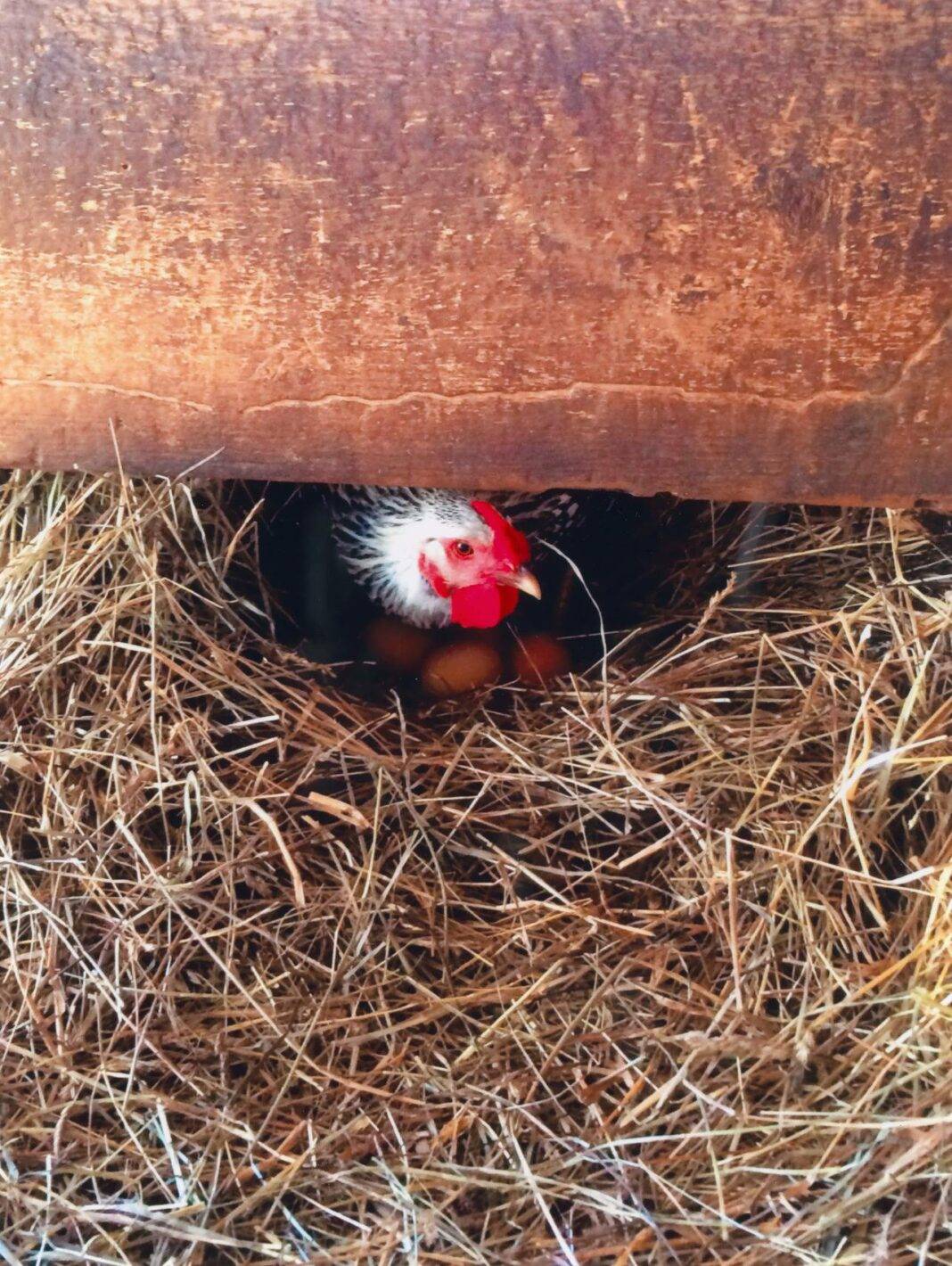Speciesism
noun: spe·cies·ism ˈspē-shēz-ˌi-zəm
Speciesism. Try to say that five times. Or once. It doesn’t exactly roll off the tongue, does it? While it might sound a bit like someone speaking with marbles in their mouth, in fact, speciesism is more about someone with a chunk of cow in their mouth, or perhaps chicken, or octopus.
Or … not exactly.
As defined by the Merriam-Webster dictionary, speciesism is:
•prejudice or discrimination based on species, especially discrimination against animals
•the assumption of human superiority on which speciesism is based.
Speciesism is a surprisingly new word — its first known use was in 1970. But speciesism as a concept has been around for as long as humans have, one surmises, and certainly for as long as we have felt ourselves superior to other species and therefore free to eat, dominate, subjugate, or otherwise exploit them.
Indeed, speciesism is so ingrained in being a human that a word to define it hardly seemed necessary. It was just the way things were, integral to the survival of the one most equipped with tools and opposable thumbs, the one most hungry for a burger.
But speciesism is in plenty of people’s mouths these days — part of a philosophical discussion about our role in the planetary web, and the price the planet has paid for humankind’s domination. Perhaps no one has brought the concept of speciesism to public consciousness as much as Peter Singer, the moral philosopher and Princeton bioethics professor whose first book, Animal Liberation, published nearly fifty years ago in 1975, started a conversation around meat-eating and the farming of animals that hasn’t stopped since. (That book has been updated and reprinted; see below.)
His proposal was simple: Afford animals the same rights and consideration we offer ourselves. It isn’t so much the eating of animals that troubles Singer, it’s the suffering. And there’s no question that our industrialized farming of animals creates great suffering for them.
But while he thinks his views are morally correct, he doesn’t condemn those who don’t hold the same views. “I have lots of friends who eat animals,” he told a reporter for Vogue magazine. “You’ve got to accept that some people will be persuaded, and others will alter their consuming habits to some degree, but not as much as I would like. I don’t want to live in the ghetto of only people who think and act exactly like me.”
Rather, he urges all of us to think about what we put on our plates and how it got there, noting that “if everyone who now eats meat were to be genuinely conscientious, I would feel my battle on behalf of animals was 80 to 90 percent won.”
These days, with the recent publication of a new book, Animal Liberation Now, Singer’s motivations for encouraging a plant-based diet are no longer exclusively about animal suffering but also about the impact that eating meat has on our planet. If everyone on the planet replaced meat with plants for half the meals they eat, he wrote in a New York Times op-ed, “we would have fewer animals suffering, and a tremendously better shot at avoiding the most dire consequences of climate change.”
—Leslie Garrett

